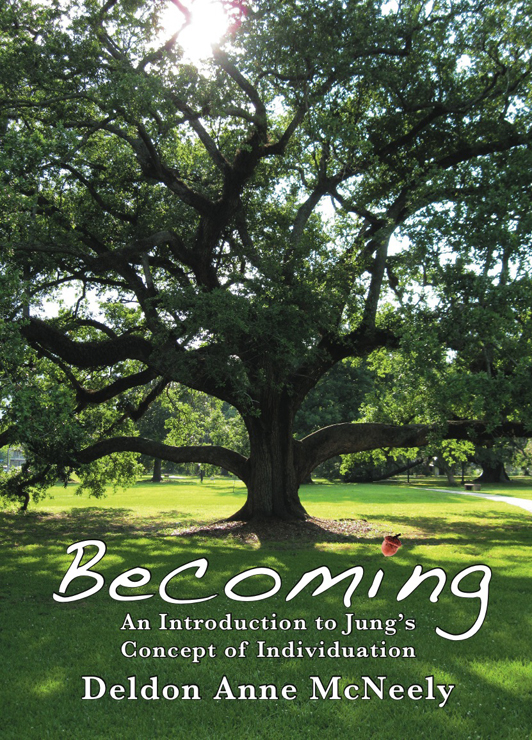Becoming
Dr. McNeely realized the need for a new explication of Jung’s process of individuation, one written for twenty-first century readers who have little or no knowledge of Jung. Becoming begins by identifying the historical and philosophical contexts in which Jung was situated and then addressing the question of where this approach fits with the cultural issues of today. Dr. McNeely addresses contemporary issues such as gender identity, addiction, the collective, depression and mental health, and the view from outside a western cultural lens. The volume touches upon topics like the overvaluing of the heroic ego, elitism, the function of introspection in an extraverted culture, and the role of inner resources in self-development. Religious parallels include perspectives on eastern thought, mysticism, spiritual experience, and the development of a “new myth” for modern times. Her chapter “The Opus: Finding the Spirit in Matter” delves into Jung’s description of alchemist Gerhard Dorn’s three stages of individuation.
In the half century since Jung’s colleague, Jolande Jacobi, wrote her now-classic The Way of Individuation, modern, post-modern, and post-post-modern thought has raised many questions that color the images of individuation Jacobi presented. Becoming
Available in both Hardcover, paperback, and ebook editions: www.fisherkingpress.com
Fisher King Press publishes an eclectic mix of worthy books including Jungian Psychological Perspectives, Cutting-Edge Fiction, and a growing list of alternative titles.
- International Shipping.
- Credit Cards Accepted.
- Phone Orders Welcomed: +1-831-238-7799 skype: fisher_king_press




